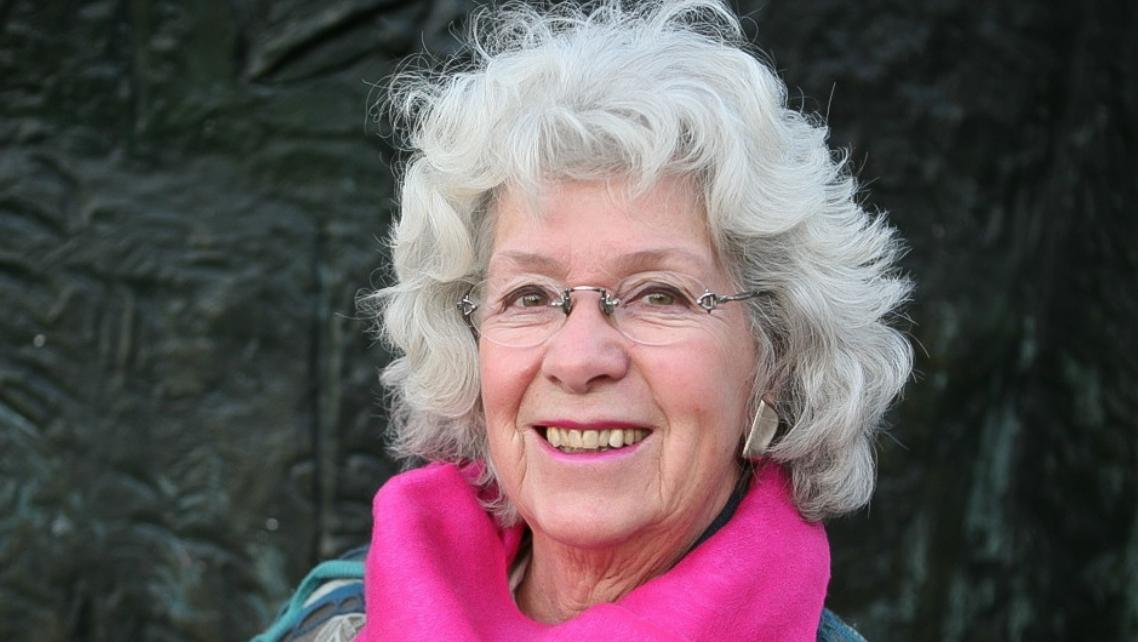[…] Nuclear submarines from Russia’s powerful Northern Fleet also have to pass close to Svalbard’s southernmost Bear Island to get into the North Atlantic.
Russia’s ”main interest is to avoid a situation (where) others use (the islands) offensively,” said political scientist Arild Moe of Norway’s Fridtjof Nansen Institute. To make sure that happens they ”maintain a reasonable presence and are very attentive to what is going on,” he added.
After failing to get joint authority of the islands at the end of World War II, Russia is now pushing — without much success — for ”bilateral consultations” to lift the brakes on its activities. […]
Moscow regularly accuses Oslo of violating one of the most important articles of the 1920 treaty which effectively makes Svalbard a demilitarised zone. It protests every time a Norwegian frigate docks or NATO lawmakers visit, and is particularly wary of the gigantic Svalsat satellite station near Longyearbyen. [… ]
Svalbard is ”the Achilles heel of NATO in the Arctic”, said James Wither, a professor at the George C. Marshall European Center for Security Studies in Germany, because its distance from mainland Norway and ”peculiar legal status provides a range of possible pretexts for Russian intervention.
”Although the danger of a direct military confrontation remains low, Svalbard is particularly vulnerable to a Russian gamble that offers the strategic payoff of advancing Russia’s long-term objectives of dividing the West and neutralising NATO,” the former British Army officer wrote in 2018.
Norway tries to play down Russian grievances, saying that they are far from new and insists that its sovereignty over the islands is no different to any other part of its territory.
Praised for his rapport with his Russian opposite number Sergei Lavrov when he was foreign minister between 2005 and 2012, Norwegian Prime Minister Jonas Gahr Store is an apostle of Oslo’s ”High North, low tensions” doctrine. […]
Like its high-latitude neighbours Greenland, Iceland and the Faroe Islands, Svalbard seems to be in China’s sights. Indeed it now defines itself as a ”near-Arctic” state and wants to establish a ”Polar Silk Road”.
With the region heating up three times faster than the planet, shrinking ice floes are opening up economic opportunities and maritime routes, although some are more theoretical than real. With new fishing grounds and easier access to potential resources like oil and gas fields, everyone is trying to get a foot in the door. Läs artikel

